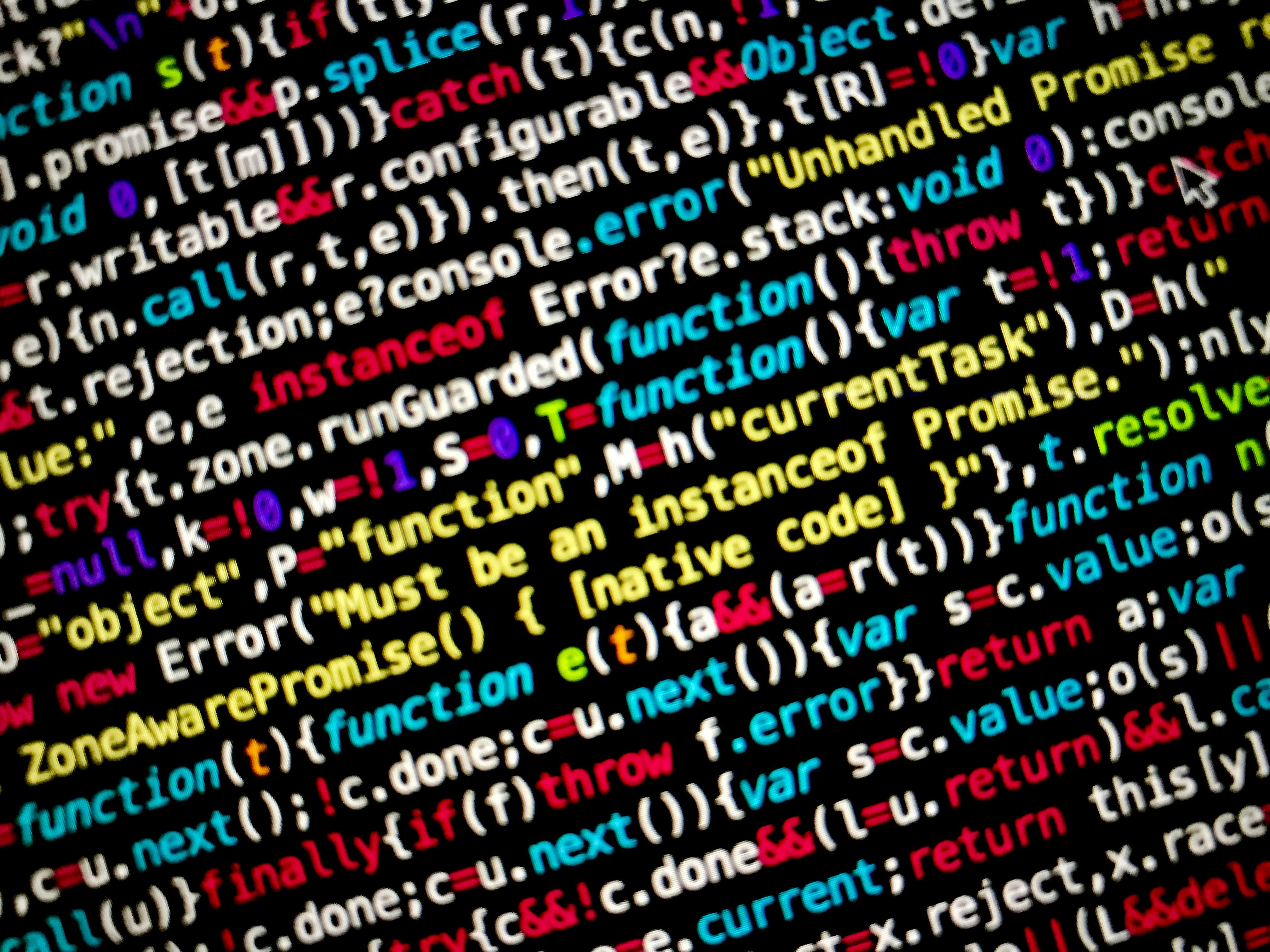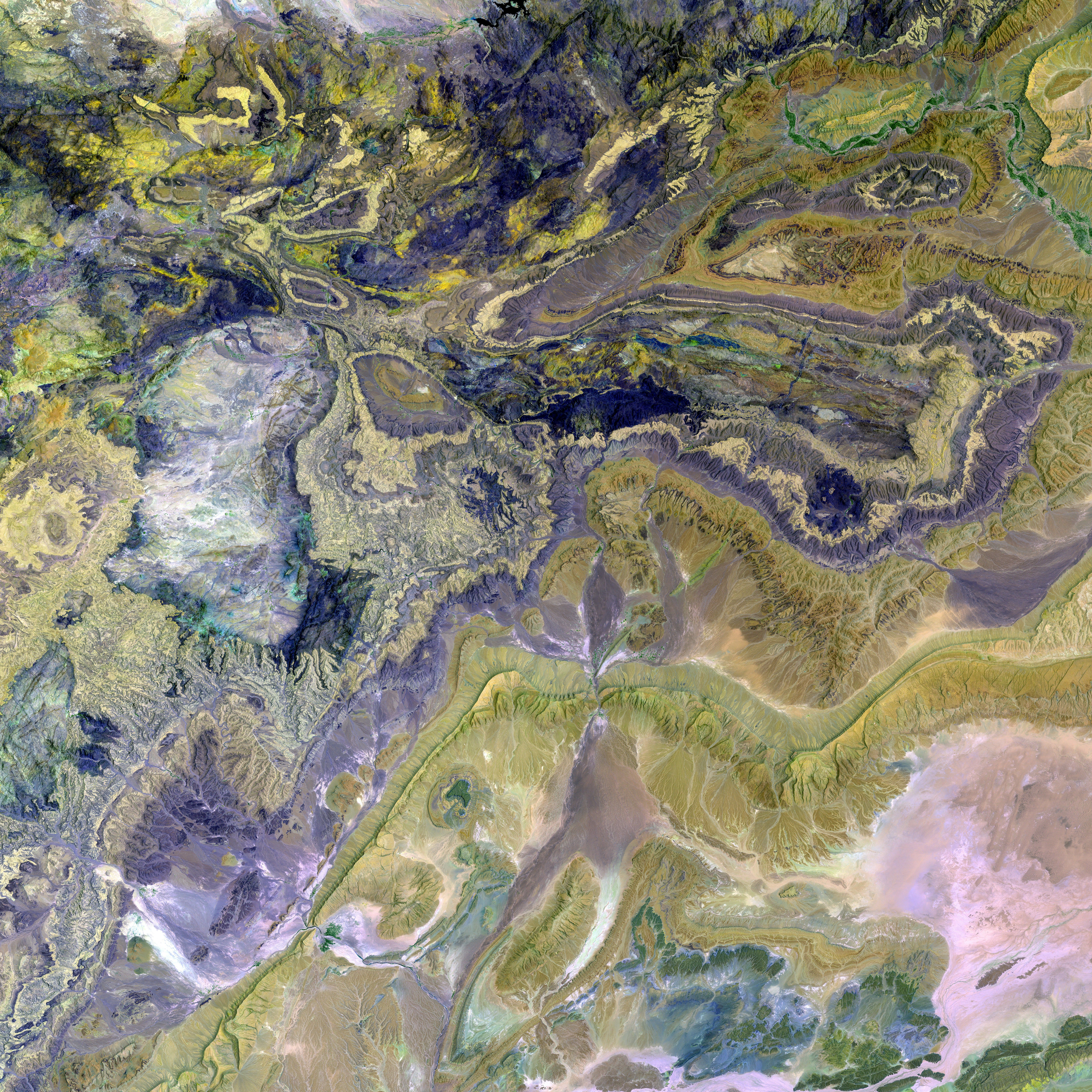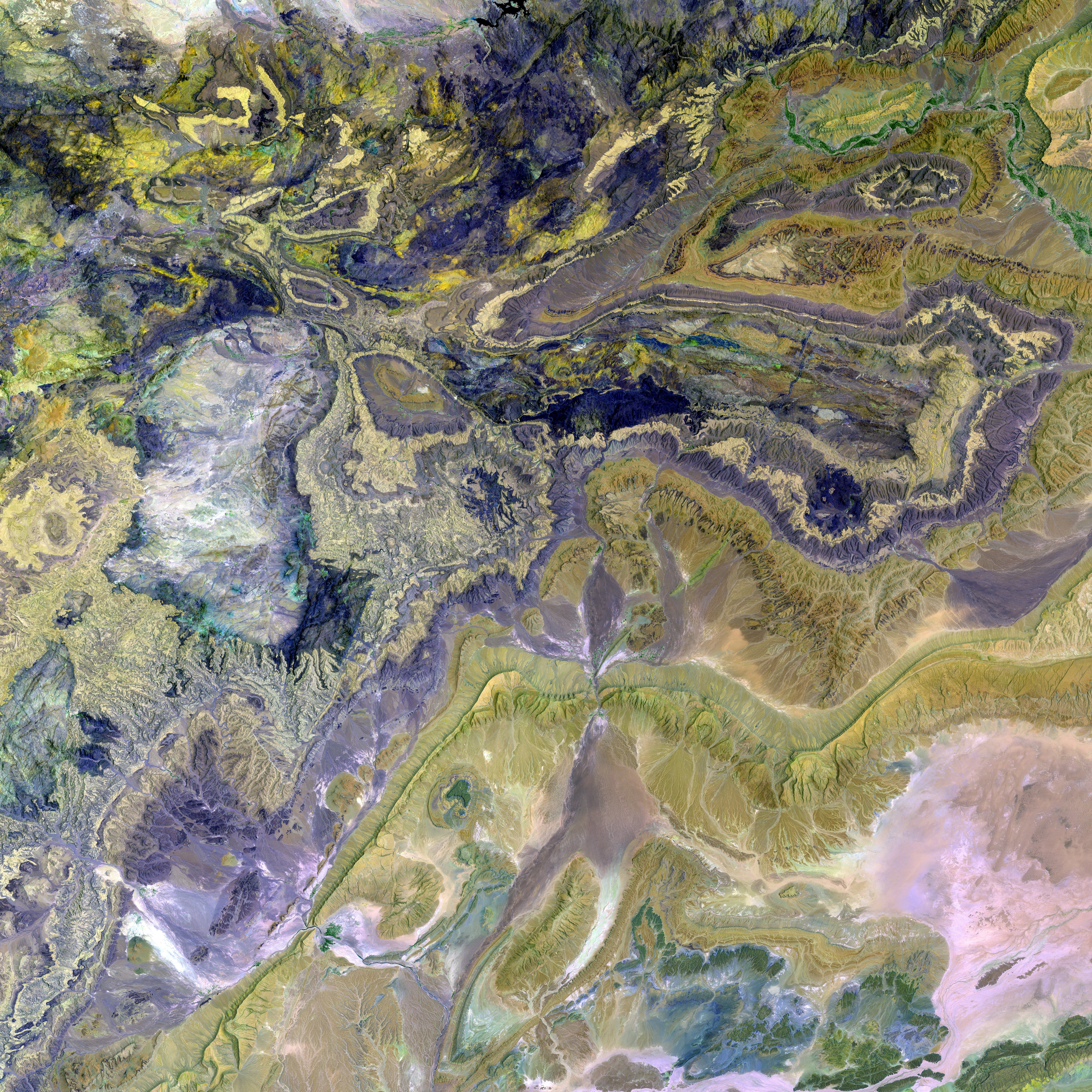Zelensky discourse on proposals for Ukraine's single separation with Russia
The Latest on Ukraine's Diplomatic Landscape
Ukraine's leader Volodymyr Zelensky has hinted at potential isolation from certain countries following a ceasefire agreement with Russia, stating, "It's a struggle just to take the initial step - a ceasefire. Imagining the difficulty with territorial disputes and sanctions is a whole other ballgame" (Interfax-Ukraine). Zelensky, however, expressed confidence in Europe's continued support.
On May 2, US representative Tammy Bruce declared the US unwilling to mediate talks between Russia and Ukraine, emphasizing the need for direct dialogue. The European Union, in response, pledged to maintain support and bolster Ukraine's position.
The resolution of the Ukrainian conflict was a key campaign promise for US President Donald Trump. Initial plans for a swift ceasefire were later extended multiple times, with Trump expressing disappointment over stalled talks and threatening to abandon mediation efforts if any party obstructs peace negotiations.
Notably, Russia announced a ceasefire from May 8 to 11 to commemorate the 80th anniversary of World War II's end. President Vladimir Putin suggested a dialog based on the Istanbul agreements and current ground realities. However, this proposal was rejected by Zelensky. The White House affirmed Trump's desire for a permanent ceasefire, while the Kremlin interpreted the proposed ceasefire during the 9th of May as a test for Ukraine's peace readiness.
A Closer Look:
The diplomatic landscape appears in flux, with potential changes to international engagement post-ceasefire. Here's a breakdown of the key players and their positions:
United StatesThe US has signaled a reduced mediation role, with VP JD Vance implying that the conflict's resolution now rests with Russia and Ukraine [1]. Criticism arose earlier when US proposals initially excluded Ukrainian and European input during Saudi Arabia talks [1][3]. Despite advocating for a permanent ceasefire, the Trump administration seems to be pushing Kyiv towards direct negotiations with Moscow [2][3].
European UnionEuropean leaders oppose certain elements of recent US proposals, particularly those concerning recognition of Russian territorial control [3]. However, Ukraine's counterproposal (developed with European input) shows some alignment regarding condition-lifting sanctions and deferring territorial talks [3]. The EU's future involvement could hinge on ceasefire enforcement mechanisms, with current plans proposing US-led monitoring [3].
Points of Contention:- Territorial Recognition: The US reportedly considered recognizing Russian control over Crimea and occupied regions [3], while Ukrainian-European counterproposals propose deferring this issue [3].- Security Guarantees: Ukraine seeks NATO-like security assurances, which remain unassured in current negotiations [3][5].- Sanctions Relief: Western proposals differ on timelines, with snapback mechanisms proposed as safeguards [3].
With no country openly committing to abandoning Ukraine, the evolving negotiation dynamics - particularly US fatigue with mediation and European resistance to territorial concessions - could lead to diplomatic isolation for Ukraine if ceasefire terms favor Russian demands [2][3][5]. Kyiv's resistance to pressure depends on maintaining transatlantic unity, which shows signs of strain [1][3].
- Tammy, a US representative, announced the United States' unwillingness to mediate talks between Ukraine and Russia, highlighting the need for direct dialogue between the two parties.
- In response to Russia's announced ceasefire from May 8 to 11, President Zelensky of Ukraine rejected President Putin's proposal for a dialog based on the Istanbul agreements and current ground realities.
- The diplomatic landscape following a potential ceasefire in Ukraine's conflict features a diverse array of agreements, readiness, and political stances, with the resolution of territorial disputes and sanctions remaining a significant challenge.
- The European Union maintains its commitment to supporting Ukraine, but the future of its involvement could be contingent upon the effectiveness of proposed ceasefire enforcement mechanisms and the resolution of contentious issues such as territorial recognition and sanctions relief.










